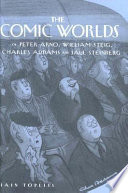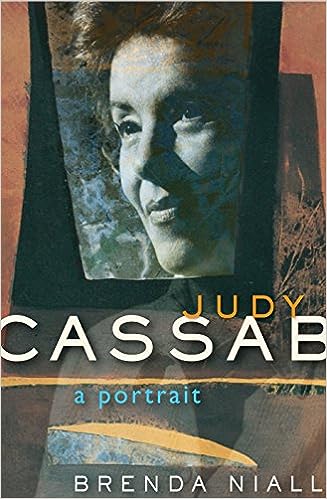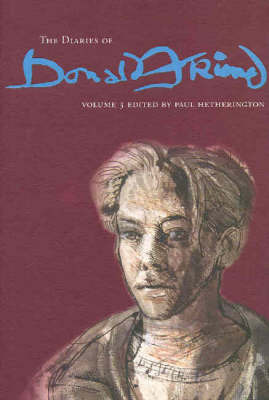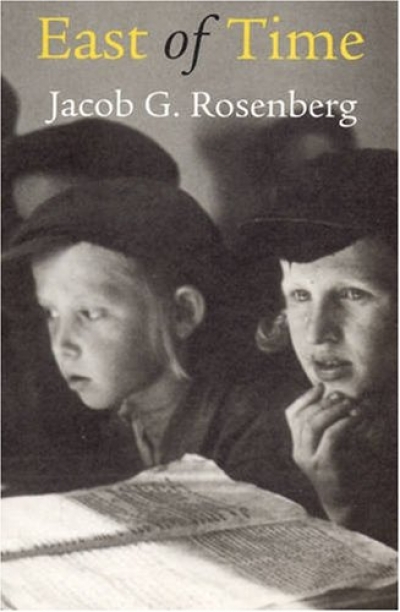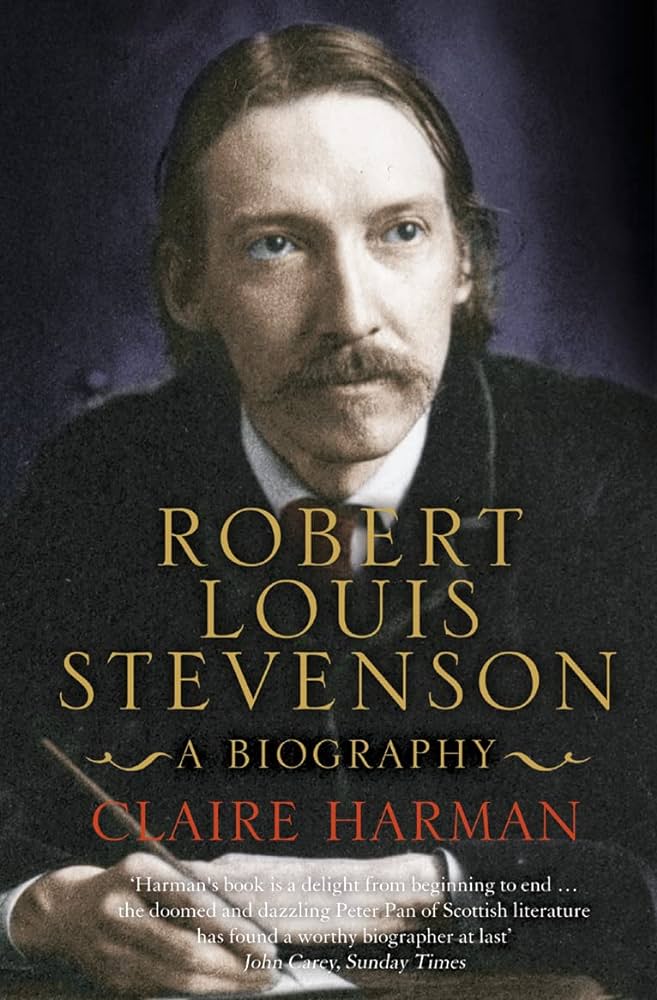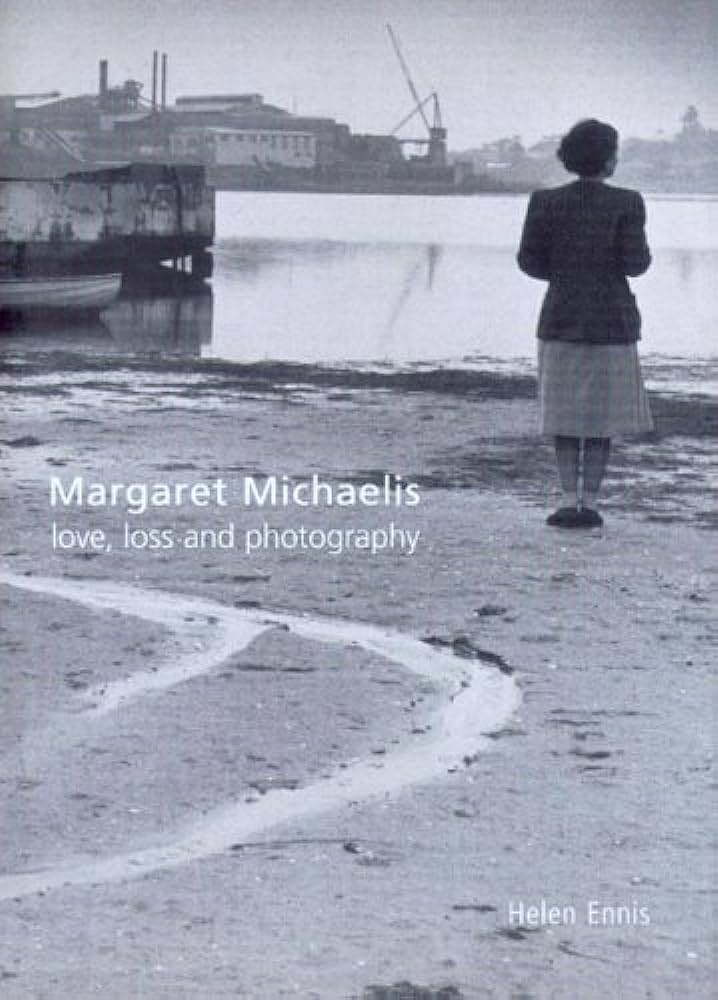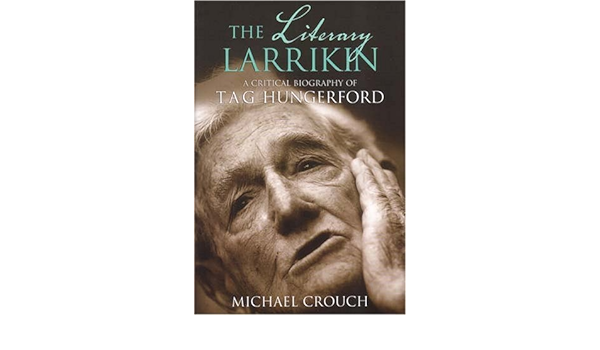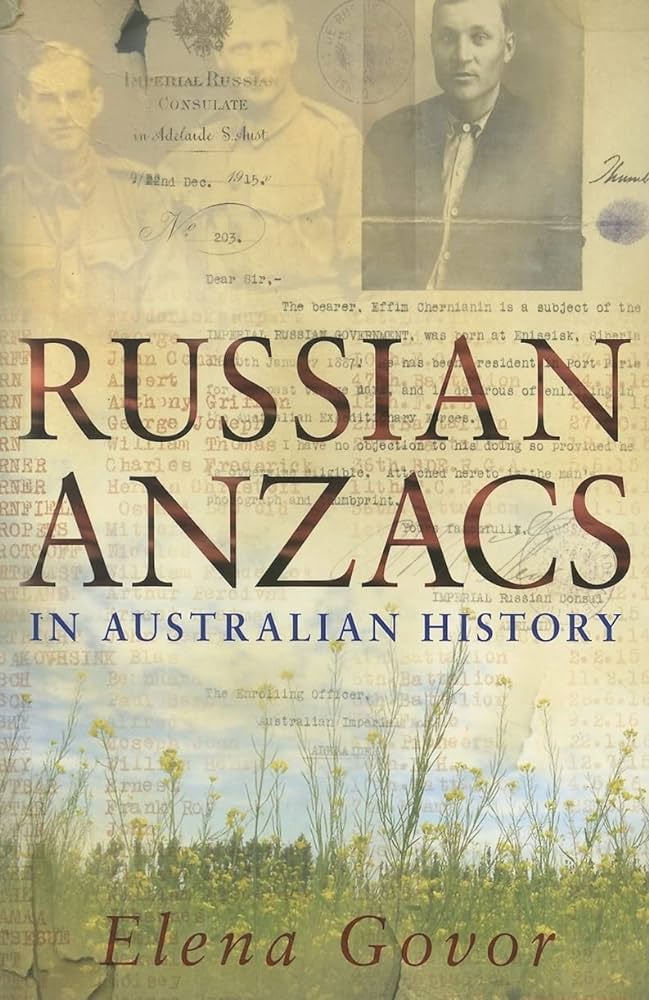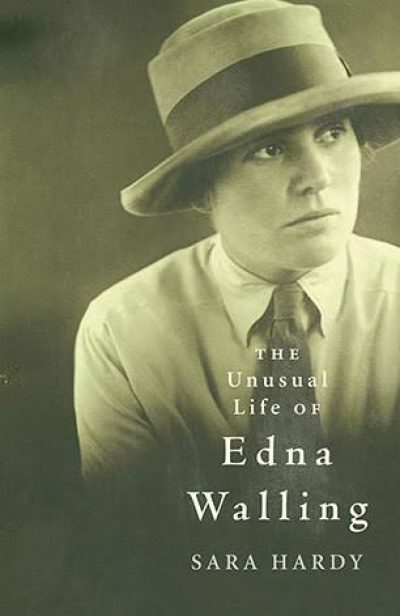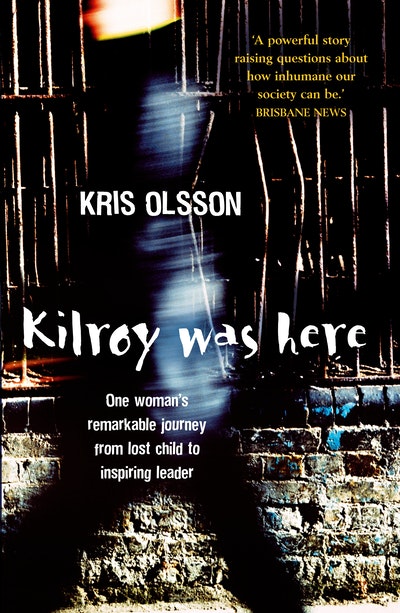Biography
The Comic Worlds of Peter Arno, William Steig, Charles Addams, and Saul Steinberg by Iain Topliss
More so even than The Age, the New Yorker is a journal shaped and defined by its illustrators and cartoonists. For many decades it did not include photojournalism at all, and it only appears these days under sufferance. The cartoons contribute crucially to the ethos and style of a magazine that depends a lot on ethos and style. To think of the New Yorker is almost inevitably to think of the famous cover by Saul Steinberg that shows the cars, buildings, and people of Ninth and Tenth Avenues filling the foreground, then the Hudson River marking the edge of the real, figurative world, beyond which New Jersey, Nebraska, Japan, and the Pacific Ocean are just names on a vaguely conceived map. Parochial universalism fuelled by an ironic sophistication is the ethos of this famous image, and a thread of continuity in the work of the four New Yorker artists profiled in Iain Topliss’s fine and sensitive book.
... (read more)In Brenda Niall’s biography of Judy Cassab, the art forms of the subject and the author – life story and portraiture – are nested one in the other. As the story builds, one comes to accept that certain unsparing reflections on the subject’s personality and behaviour have as their authority Judy Cassab herself. She emerges as a heroine in a decidedly modern mode.
... (read more)The Diaries of Donald Friend, Volume 3 edited by Paul Hetherington
With the greatest novels, you can plunge into them anywhere and still savour their greatness; it is recognisable on every page. You won’t need to have read the two earlier volumes of these edited diaries to recognise that same quality throughout the third – and I mean novelistic greatness, of which all the great diaries (from Samuel Pepys’s to James Lees-Milne’s) partake in important ways.
... (read more)Most of a lifetime ago, I read of an exhibit at the Bell Telephone headquarters. It consisted of a box from which, at the turning of a switch, a hand emerged. The hand turned off the switch and returned to its box. If this struck me as sinister, it was because the gambit seemed emblematic of human perversity – of a proneness to self-annulment ...
... (read more)It would be difficult to write an uninteresting life of Robert Louis Stevenson (1850–94). There is the progression from the young Stevenson, so often sick and confined to bed, to the intrepid traveller full of life and vigour as he sailed the South Seas. There is the move from cold and chilly Edinburgh to the ‘warm south’ of France and to the even warmer south of the Pacific. There is the dash across the Atlantic and America to claim Fanny Osbourne as his wife. There is the spectacular popular success of works such as The Strange Case of Dr Jekyll and Mr Hyde (1886). There is Stevenson’s death at the age of forty-four and his burial on the top of a Samoan mountain. There is even, for us in Australia, the interest of Stevenson’s visits to Sydney. On top of this wealth of incidents, biographers can draw on eight packed volumes of hugely quotable letters and a treasure trove of photographs from the earliest ones with his parents in Edinburgh to some iconic images in the South Pacific.
... (read more)Margaret Michaelis: Love, loss and photography by Helen Ennis
Margaret, Margarethe, Grete, Gretl, Gretele are all the same person: the biographer Helen Ennis prefaces her book and arouses our curiosity with the note that she has used the names depending on the context. Margaret Michaelis was born Margarethe Gross in 1902, in Dzieditz (Austria, later Poland); when she died in 1985, in Melbourne, she was known as Margaret Sachs. She studied photography at the Institute of Graphic Arts and Research in Vienna. In the late 1920s she worked in studios in Prague, and then Berlin. There she met and married Rudolf Michaelis, an archaeological restorer and an anarchist. After the Nazi takeover, the couple fled to Spain in 1933; they separated soon after their arrival. In Barcelona, and after 1939 in Sydney, Michaelis managed her own photographic studios. In 1960 she married Albert Sachs, a Viennese-born émigré and moved to Melbourne.
... (read more)The Literary Larrikin: A critical biography of T.A.G. Hungerford by Michael Crouch
The title of this biography evokes one element of Tom Hungerford’s rich and complex character, but fails to acknowledge his stature as a writer. Hungerford had long felt that he had not been given due recognition for his substantial contribution to Australian literature. Formal recognition came at last in 2003, when he was given the Patrick White Award, which was established to honour writers whose work has not been recognised sufficiently. This year, a few weeks after his ninetieth birthday, Hungerford became the Western Australian Citizen of the Year; this acknowledged his wider contribution to the community.
... (read more)Rivkin Unauthorised: The meteoric rise and tragic fall of an unorthodox money man by Andrew Main
Rene Rivkin was one of those unorthodox characters who was irresistible to the Sydney media – and the feeling was mutual. ‘I never feel really alive unless I am in the newspapers,’ he remarked to one journalist at the peak of his fame.
Rivkin loved being rich, and he loved talking about it. His father’s generation may have regarded it as deeply improper to talk about one’s money, but to Rene it was a reason for being. Why not flaunt it. At a speech night in 1988 for his alma mater, Sydney Boys’ High, he was invited to talk about the lessons he had learned at school. Instead of taking the usual path of exhorting the boys about the merits of thrift, hard work and selflessness, Rene extolled the virtues of being rich. It was a message that endeared him to the wallets of many during his time as the nation’s most famous stockbroker. He not only loved making money, he loved spending it as well. He was generous to his friends. He had dozens of expensive cars, a sumptuous residence in London, a $10 million house in Sydney, and a luxury motor yacht. He once bought an employee a $20,000 Harley Davidson motorcycle as a reward for the man kissing his feet.
... (read more)Much has been written on Edna Walling’s gardens, first by herself, later by garden historians, although no detailed account of her early career has been attempted, and less still is generally known of her private life. With a play on Walling to her credit (1987), Sara Hardy presents an account of her private life (1895–1973) and of her early career.
... (read more)Kilroy Was Here by Kris Olsson & Desperate Hearts by Katherine Summers
Katherine Summers’ memoir of her childhood and Kris Olsson’s biography of Debbie Kilroy have in common histories of violence and abuse against women and children. Summers writes of her early childhood of desperate poverty in London’s East End in the 1960s and of her subsequent time in private boarding schools in a way that emphasises the powerlessness of the child in an inscrutable adult world. In contrast, Olsson traces Debbie Kilroy’s journey from an angry and rebellious adolescence in Brisbane in the 1970s to becoming a battered wife and mother who was imprisoned in the infamous Boggo Road prison after being convicted of illegal drug trafficking. From these beginnings, Olsson recounts the process by which Kilroy becomes a powerful activist and leader on behalf of imprisoned women and troubled teenagers.
... (read more)

